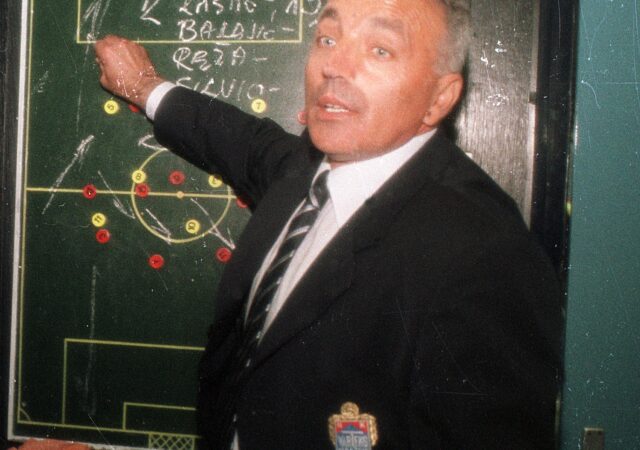
What can we learn from the head coach of Croatian national team ?
The reflectors are off. The streets and squares of the Russian cities, but also the other soccer towns around the world, are deserted. The murmur of people of all colors and races has silenced. One of the best ever World Championships finished, only reviews and analyses remained. I am incredibly proud of my Croatian team success. I am thanking my friends on congratulating me and keep explaining to my Irish friends – how come that such a small country as Croatia, with twice as few inhabitants as city of London, reached the very top?
Given the fact that I am also the product of Croatian football, and for many years was working with the Croatian manager Zlatko Dalić (we worked together in FC Varaždin – ex FC Varteks), the second place was not a too big surprise for me.
Why? In its short 27 year of existence as an independent country in the world, Croatia has managed to establish itself as a football nation and a continuous participant of big football competitions. Just remember the World Championship in France in 1998 when Croatia won third place.
To qualify for the World Cup finals these days, it is no longer enough to have quality players and coaches. This is well known by Argentina, Spain, Germany and Portugal, which are abundant with top players and coaches.
What makes the difference between the top teams?
The difference is made up of two key elements that coach Zlatko Dalic built in the Croatian national team, as you can see on example of great success of small Croatia. Positive attitude and humility. Thanks to this approach, coach Dalić has created an excellent atmosphere in the team and among professional staff, which has been spread across Croatia through the media.
So if you want to become a successful coach, positive attitude is a must. Your attitude is more important than your education, money, success or failure. It determines your level of personal satisfaction, and has a great impact on other people. As a rule, players always expect the coach to motivate them. The coach’s responsibility is what attitude he will take, either positive or negative. Your attitude determines your action. The power of the winner is not in his quotient of intelligence or innate talent. The power of the winner is in his attitude. The coach’s attitude is a crucial criterion for the coach’s success, and your team is a mirror of the coach’s attitude.
The second key element that coach Dalić has built on players is humility. The word humility has different interpretations. In many religious and philosophical traditions, humility is considered a virtue. And as in example of a quiet, calm and religious coach of the Croatian national team the humility is a great virtue. The template of his sporting behavior is “in victory one does not excel, in defeat one does not humiliate”.
Coach Dalić is objective like every modest and humble person, he sees himself and others as they are, is aware of his role in the soccer world, but also the roles of other people. He is watching football as a whole and does not put himself in the center or in the first place.
The line of such thinking is followed by his faith in his players. Dalić had firmly believed from the very first day in the team he had sent to the pitch. He sent Strinic, the most denied player by the media to the pitch with the words: „you have my 100 percent confidence, just play“.with the words: „you have my 100 percent confidence, just play“.
